The Paris Olympics featured two boxers in the women's field who were disqualified from last year's world championships because they failed a sex eligibility test due to higher-than-normal testosterone levels and their male XY chromosomes, although the interpretation of these values is unclear. Imane Khelif, who later won the Olympics, drew attention after her Italian opponent gave up after just 46 seconds. She went on to defeat Hungary's Luca Hamori in the quarter-finals.
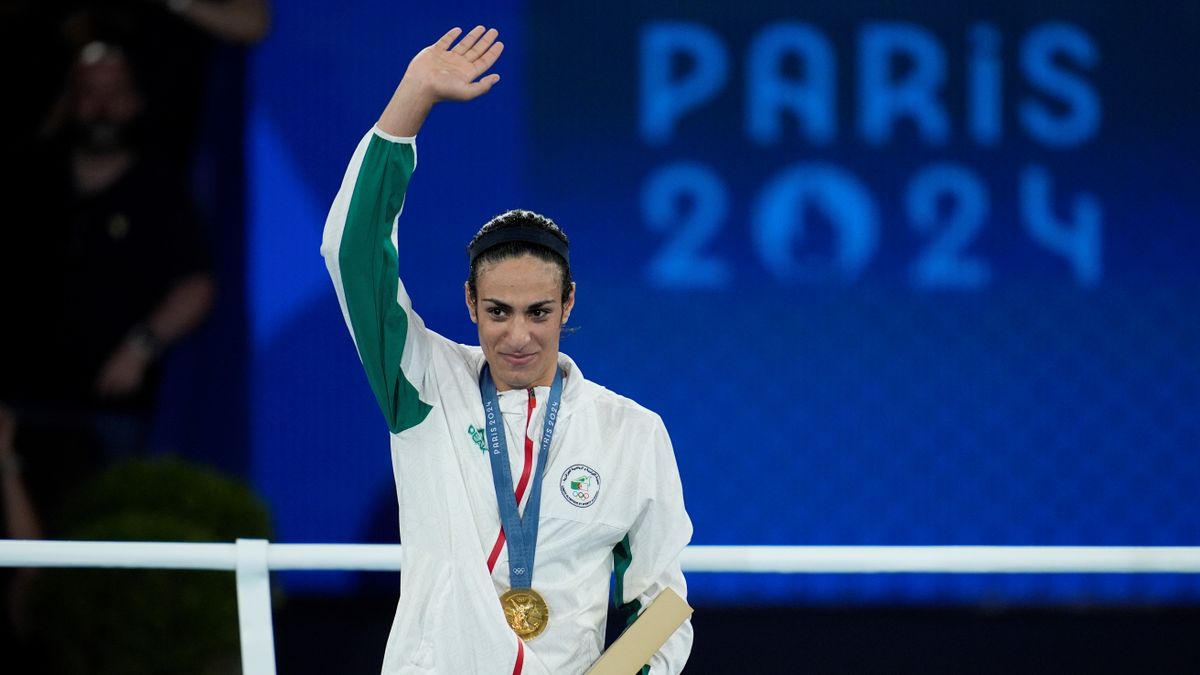
The tests produced clear results
Regarding the much-hyped, controversial case of recent weeks, ATV's Heli Naplo program featured Istvan "Kokó" Kovacs, the legendary Hungarian boxer, as a guest on Sunday. Kokó, a gold medallist at the 1996 Atlanta Olympics, did not mince his words, calling Khelif an outright cheat. He explained that the Algerian boxer's genetic make-up provides her with such an advantage in the women's field that it severely jeopardizes the concept of fair play and the safety of the sport. Kokó added that Khelif's DNA tests have clearly shown she has XY chromosomes, which are indicative of male genetics.
Khelif was tested in both 2022 and 2023. DNA testing was conducted in 2022, and then, in 2023, the IB repeated the test. Both tests showed that she has XY chromosomes,
– said Kokó, who served as Secretary General of the International Boxing Federation until the summer of 2022.
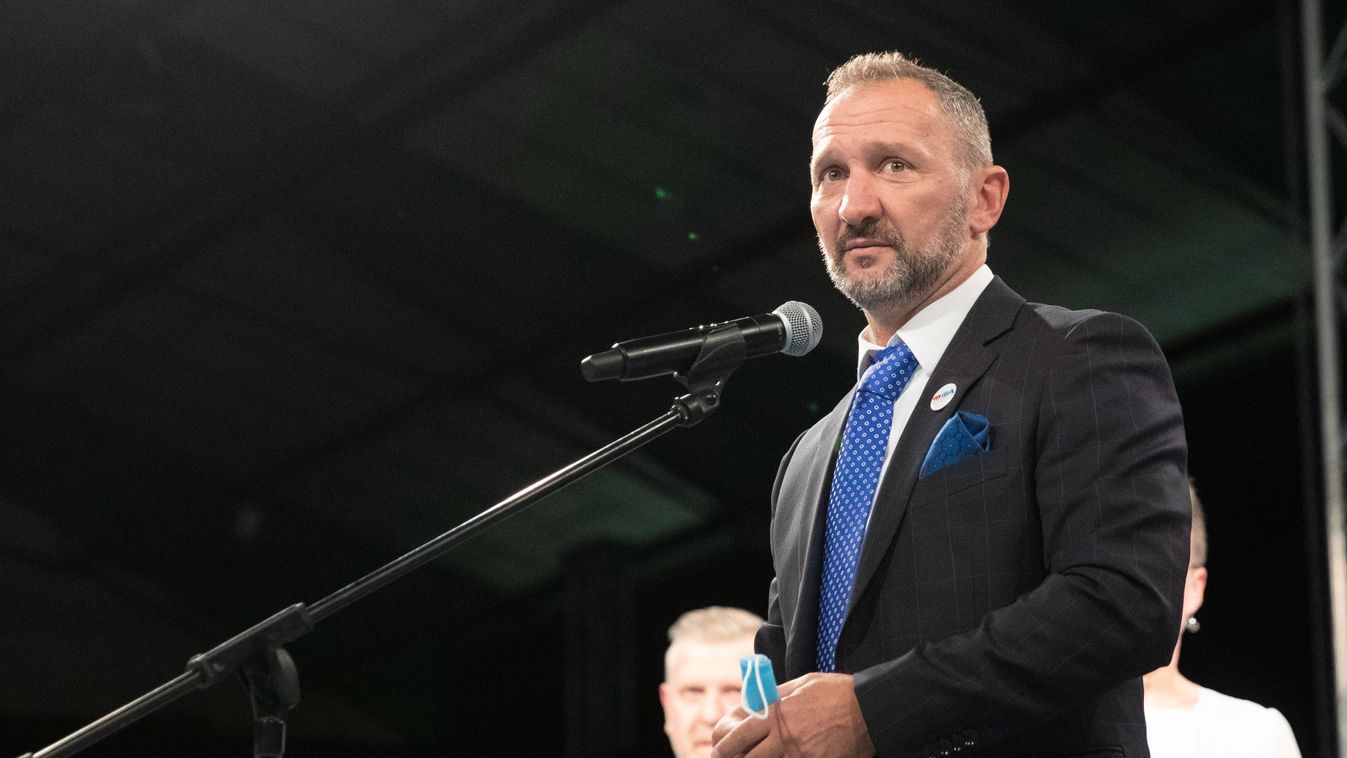


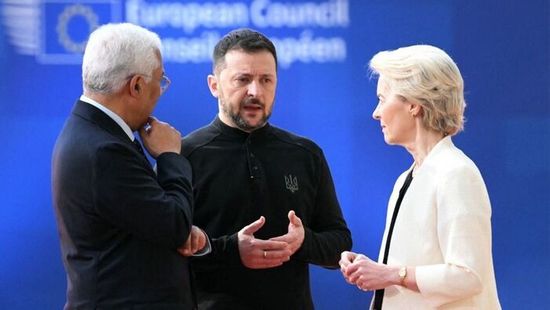



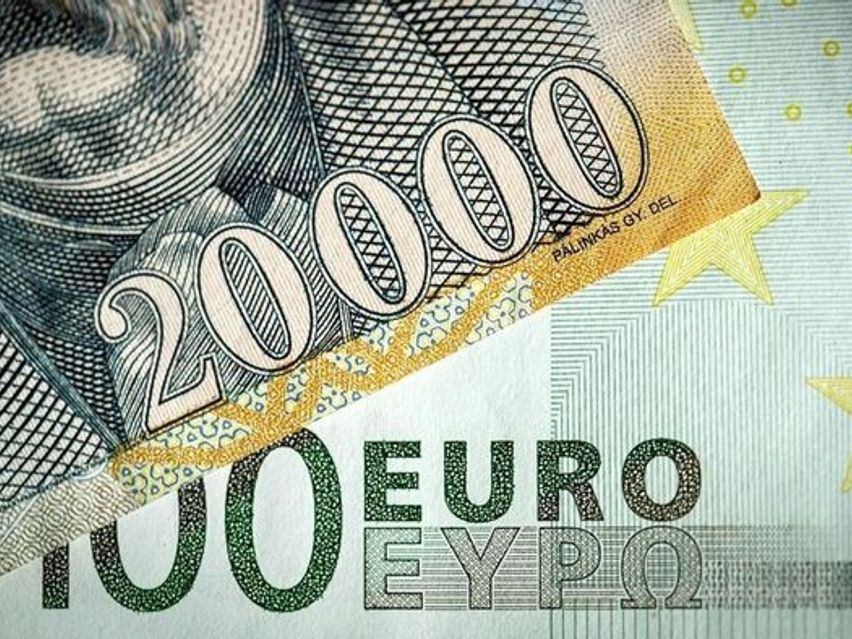





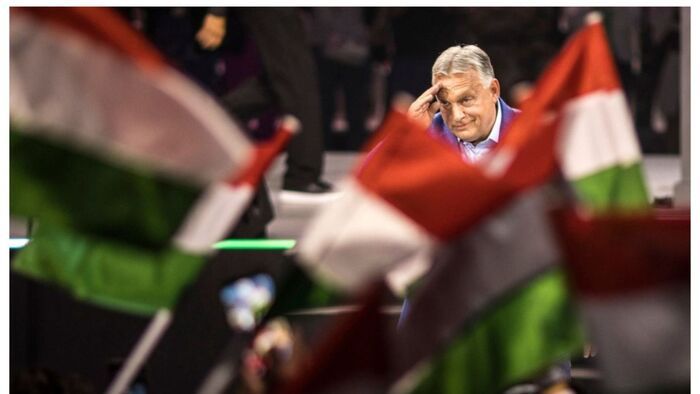
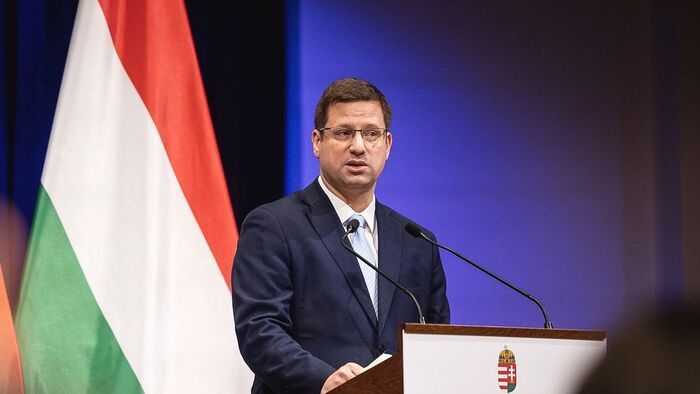







Szóljon hozzá!
Jelenleg csak a hozzászólások egy kis részét látja. Hozzászóláshoz és a további kommentek megtekintéséhez lépjen be, vagy regisztráljon!